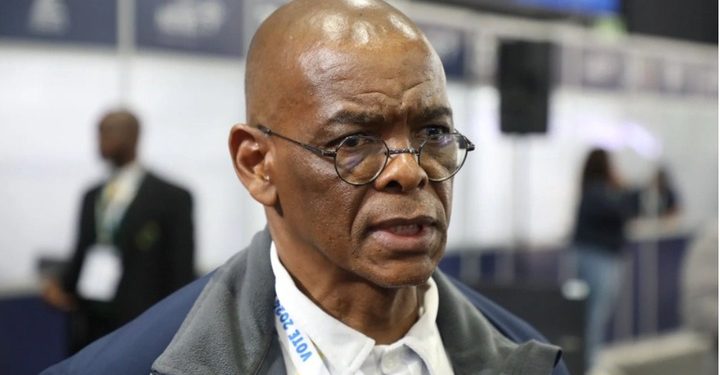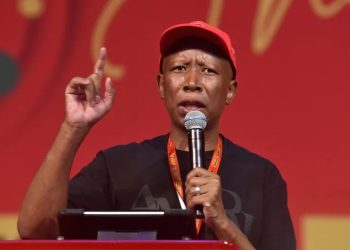The corruption trial of former Free State Premier Ace Magashule and 17 co-accused, including businessman Edwin Sodi, has begun in what represents a crucial test for South Africa’s fight against high-level graft. The case centers on the controversial R255 million asbestos roof removal project awarded by the Free State Department of Human Settlements in 2014.
Prosecutors allege the contracts for identifying and removing hazardous asbestos roofing – awarded to Sodi’s Blackhead Consulting – were riddled with irregularities. Despite massive payments, investigators found little evidence of actual work completed, leaving thousands of residents exposed to dangerous asbestos while public funds were allegedly siphoned off.
Key among the accused is Moroadi Cholota, Magashule’s former personal assistant. The 37-year-old, who was studying in the U.S. when arrested, was extradited in August 2024 after being deemed a flight risk. Though granted R2,500 bail, her appeal to have charges dropped was rejected by Judge Venter, who noted suspicious timing in her alleged requests for payments from contractors who had recently received government funds.
The case has exposed what prosecutors describe as a coordinated scheme to exploit public procurement systems. Documents show payments flowed to connected individuals while the promised asbestos removal – meant to protect vulnerable communities – never materialized.
“This trial represents more than just accountability for specific individuals,” noted legal analyst Thandiwe Mokoena. “It’s a litmus test for whether our justice system can effectively tackle the networks that enable state capture.”
The proceedings are being closely watched as Magashule, once a powerful ANC secretary-general, becomes the most senior politician to face corruption charges from the Zondo Commission era. With over 300 witnesses expected, the trial could run for months, potentially influencing public confidence in anti-corruption efforts ahead of future elections.
As the first witnesses take the stand, the case has already highlighted how corruption diverted resources from critical public health interventions – with Free State residents still living under dangerous asbestos roofs nearly a decade after the failed project.






















